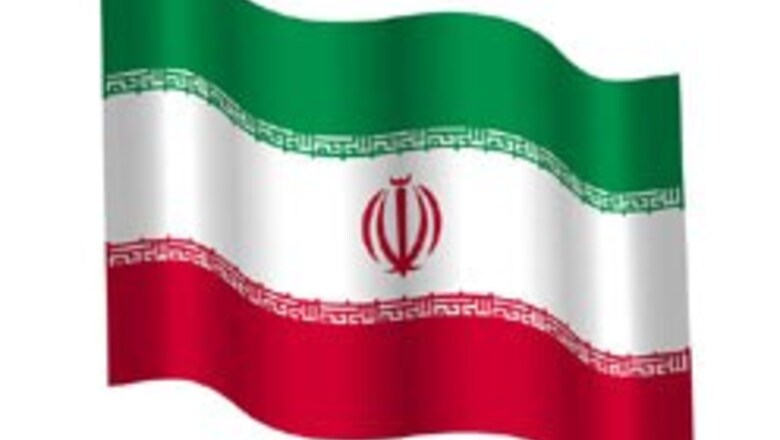
views
Vienna (Austria): Iran demanded an end to Security Council "interference" in an offer made public Tuesday in exchange for clearing up suspicions about its disputed nuclear activities — an apparent attempt to head off new UN sanctions over its refusal to stop uranium enrichment.
The overture, contained in a document, came as the five permanent council members deliberated a new resolution aiming to tighten up sanctions against Iran for its nuclear defiance.
Iran has made similar offers before, but renewing it now seemed to be linked to those moves in New York, even though diplomats involved in working on a new draft resolution cautioned any agreement was some time off.
Such deliberations usually pit Russia and China that seek more lenience against the United States, Britain and France.
The initial set of sanctions agreed upon December 23 was milder than the West had wanted and took Russian and Chinese reservations into account.
The document said Iran was ready to "negotiate ... for the resolution of outstanding issues with the IAEA without the interference of the United Nation(s) Security Council."
Signed by Ali Ashgar Soltanieh, Iran's chief representative to the agency, the letter also said the country was ready to "enter a constructive negotiation."
The document was dated February 19 but Soltanieh, in a cover letter dated March 2, asked it to be presented in full to the 35 board members of the IAEA, and diplomats from board member nations said it was being circulated Tuesday at a meeting of the IAEA's 35-nation board.
The offer to negotiate has repeatedly been rejected by the five Security Council permanent members and Germany, Iran's key interlocutors on its nuclear program because the Islamic republic refuses their precondition that it first halt enrichment. Iranian opposition to freezing first and talking later has doomed previous talks.
Soltanieh said, "no country welcomes sanctions" because they mean "more problems for the people and the country," but added: "This does not mean we will be afraid."
His comments were unsually subdued compared to the usual defiance of Iran's hardline president, Mahmoud Ahmadinejad.
Enrichment is key because it can be used to make the fissile core of nuclear warheads, although Iran insists it wants to enrich only to low levels used to generate power.
The US and its allies fear that Iran could build nuclear weapons with larger amounts of more highly enriched uranium.
Mohamed ElBaradei, chief of the IAEA, also has made an issue of Iran's spotty record of cooperation with his inspectors.
ElBaradei, whose agency has spent more than four years probing Iran's nuclear activities, told a 35-nation IAEA board meeting on its opening day Monday that IAEA is "unable to provide the required assurance about the peaceful nature of Iran's nuclear program."
ElBaradei on Monday said that Iran appeared to have at least temporarily paused in expanding its uranium-enrichment program, a possible indication that the country hopes to blunt fresh Security Council action.
But underlining that any pause was informal and temporary, ElBaradei, in separate comments, repeated the main finding of his recent report on Iran, saying that "Iran has not suspended its enrichment-related activities" as demanded by the Security Council. That report was up for review Wednesday by the board.
And on Tuesday Iranian Foreign Minister Manouchehr Mottaki said Iran's "legitimate activities with the aim of producing fuel is continuing."
The board was expected to approve last month's decision by ElBaradei to partially or fully suspend nearly half the technical aid his agency provides to Iran — 23 projects in all.
Only North Korea and Saddam Hussein's Iraq have faced such punishment in the past.
The board will also be reviewing North Korea's apparent willingness to ultimately dismantle its nuclear arms-making capabilities and a planned visit to Pyongyang by ElBaradei after the end of the Vienna meeting.















Comments
0 comment